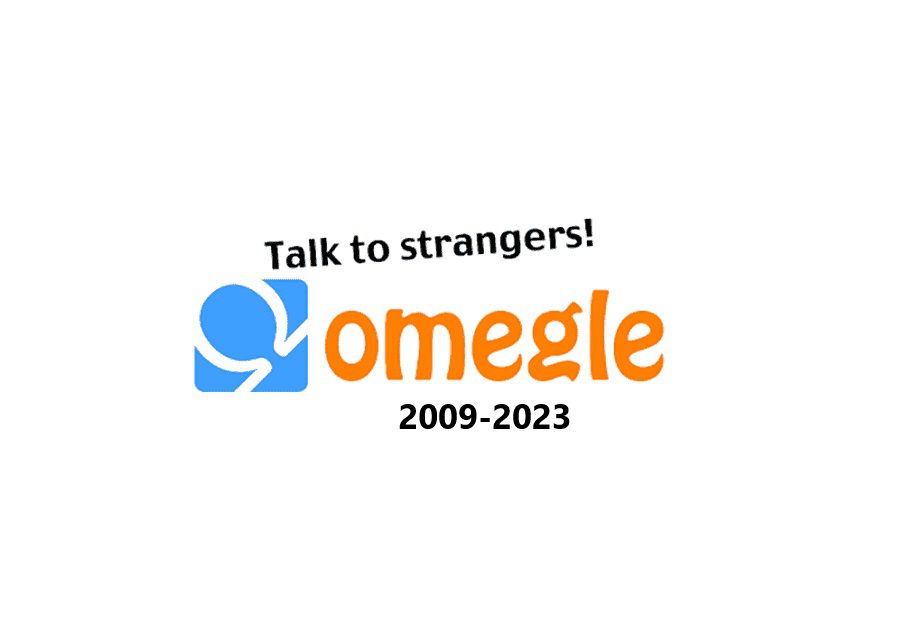If one were to trace the first NFSF, it is the place where you could just talk to anyone in the world for free without any string attached. Omegle just burst into the fray in 2009, putting you in front of random people to chat with via text or video. Its simplicity lay in the fact that it did not burden any user with signing up or disclosing his identity; rather, spontaneity was an implicit guarantee in interactions. Because it has grown over time, from a simple online service into one for finding new acquaintances, arguably driven by the basic human right for companionship. In fact, according to its creator, a young programmer named Leif K-Brooks, it had grown so rapidly that just a few months before the shutdown, it boasted around 50 million visitors.
Why Did Omegle Shut Down?
Precisely, its downfall was out of the same very characteristics that defined Omegle-freedom and anonymity. The site was a hotbed of significant misuse, including disturbing cases of “unspeakably heinous crimes.” As time went by, it became increasingly apparent that no amendments in moderation and attempts to work with law enforcement could save Omegle from the tarnished reputation brought about by its darker uses. Tales of exploitation and legal battles began to mar the site’s reputation, as critics labeled it a magnet for predatory behavior. The final straw came with a lawsuit that pushed the platform to cease operations, underlining how well-nigh impossible it had been to police such a large anonymous space.
Omegle official website currently display a graveyard and a commentary:

Could AI Have Saved Omegle?
With Omegle now part of internet history, it’s worth pondering whether advanced artificial intelligence could have steered the platform away from its grim fate. AI has the potential to revolutionize content moderation by identifying and mitigating abusive behavior more effectively than human moderators alone. Implementing sophisticated AI systems might have helped Omegle better safeguard its users, distinguishing between harmless interactions and potential threats. With added features like these, along with more stringent age verification processes and education for users on the safety use of the internet, Omegle might have remained a popular chat hub with reduced risks that ultimately brought its closure.
The Future of Online Chatting
Omegle’s story is one of caution about the complexities of internet freedom and to what dark turns places without moderation can take. Going forward, the role of AI in making safer communities online cannot be understated. Perhaps in a world where technology and empathy evolve hand in glove, sites like Omegle will find their way-to thrive, balancing the need for connection with the imperative of user safety.

